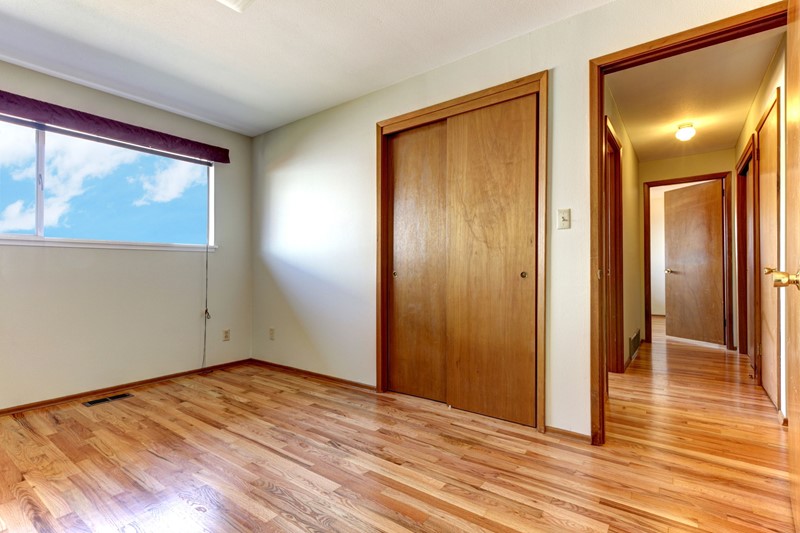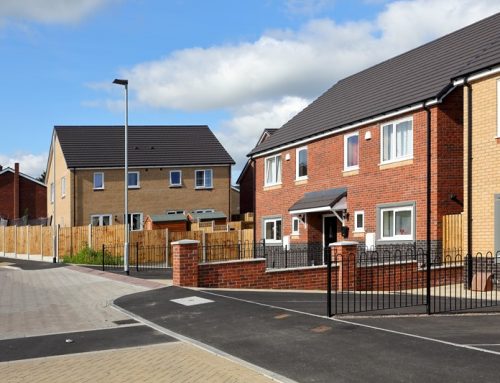The rent-a-room scheme is a set of special rules designed to help homeowners who rent-a-room in their home. If you are using this scheme, you should ensure that rents received from lodgers during the current tax year do not exceed £7,500. The tax exemption is automatic if you earn less than £7,500 ;there are no specific tax reporting requirements. If required, homeowners can opt out of the scheme and record property income and expenses as usual.
You can use the scheme if:
- you let a furnished room to a lodger; or
- your letting activity amounts to a trade, for example, if you run a guest house or bed and breakfast business, or provide services, such as meals and cleaning.
You cannot use the scheme if the accommodation is:
- not part of your main home when you let it;
- not furnished;
- used as an office or for any business — you can use the scheme if your lodger works in your home in the evening or at weekends or is a student who is provided with study facilities; or
- in your UK home and is let while you live abroad.
The relief also simplifies the tax and administrative burden for those with rent-a-room income up to £7,500. The limit is reduced by half if the income from letting accommodation in the same property is shared by a joint owner of the property.
The rent-a-room limit includes any amounts received for meals, goods and services provided, such as cleaning or laundry. If gross receipts are more than the limit taxpayers can choose between paying tax on the actual profit (gross rents minus actual expenses and capital allowances) or the gross receipts (and any balancing charges) minus the allowance – with no deduction for expenses or capital allowances.





